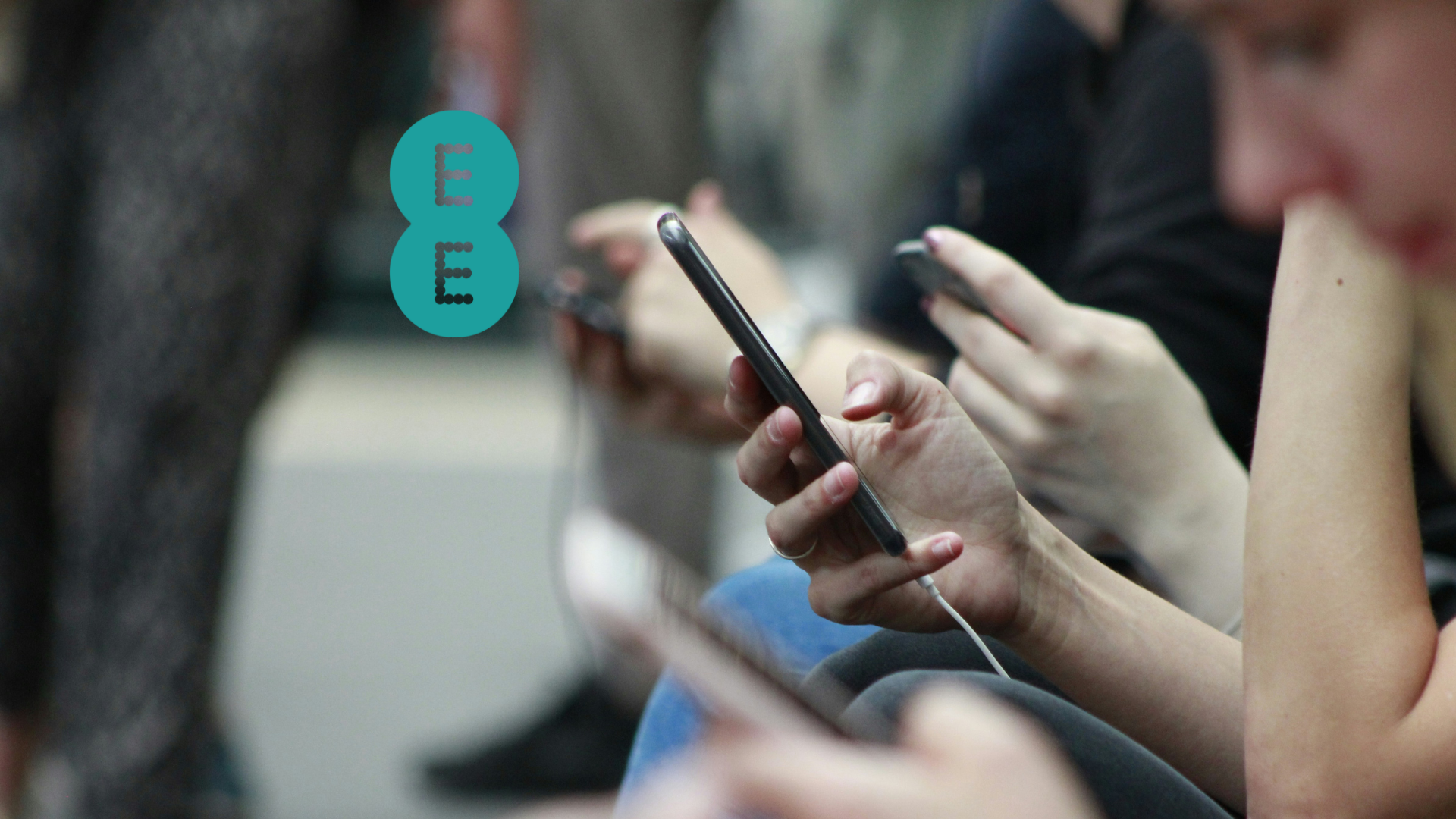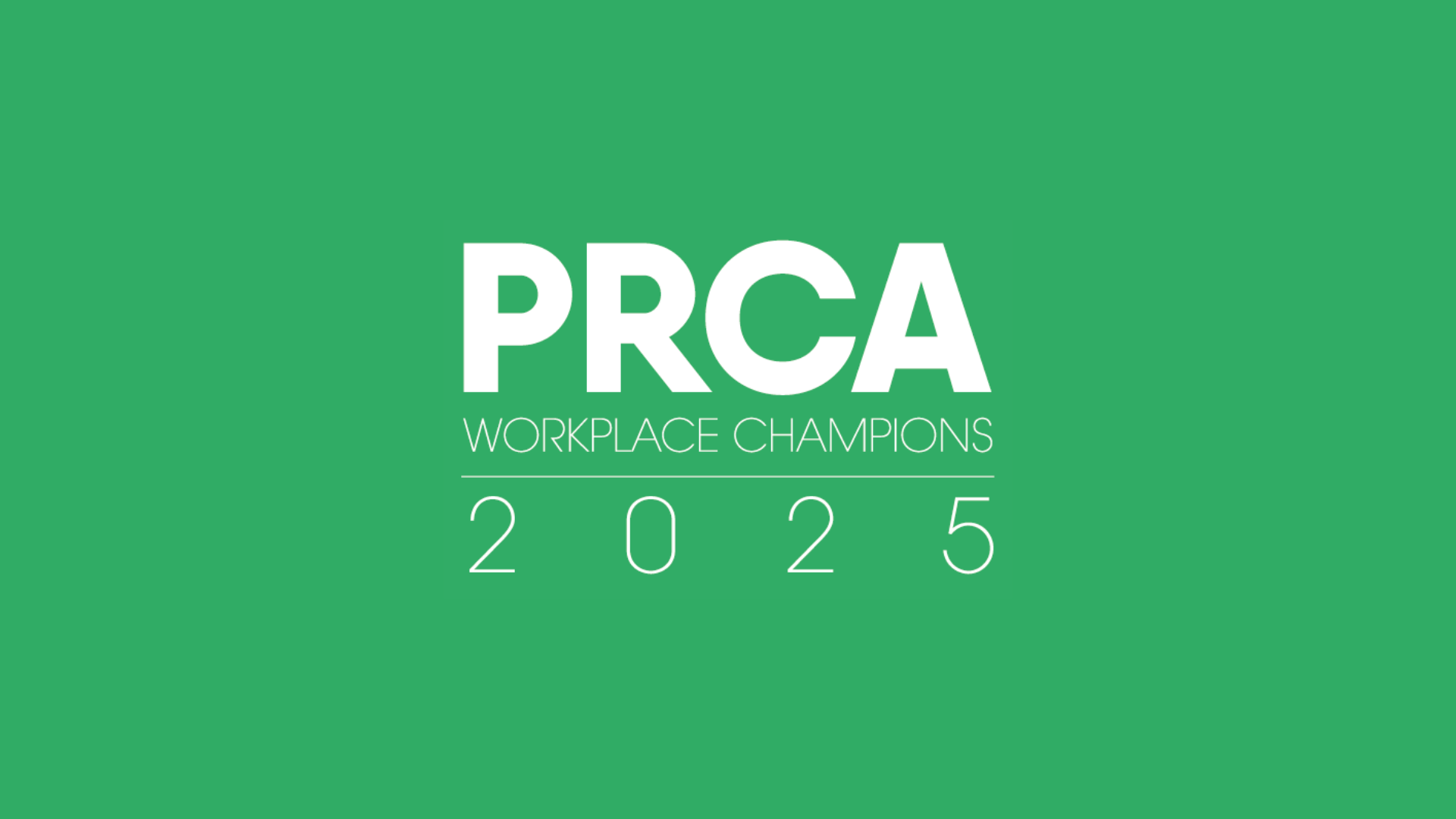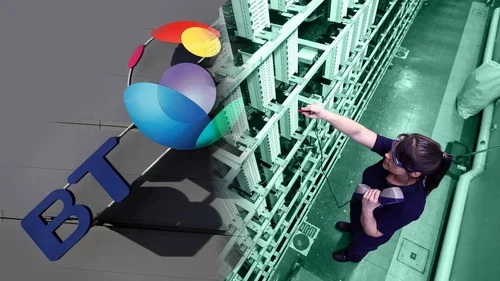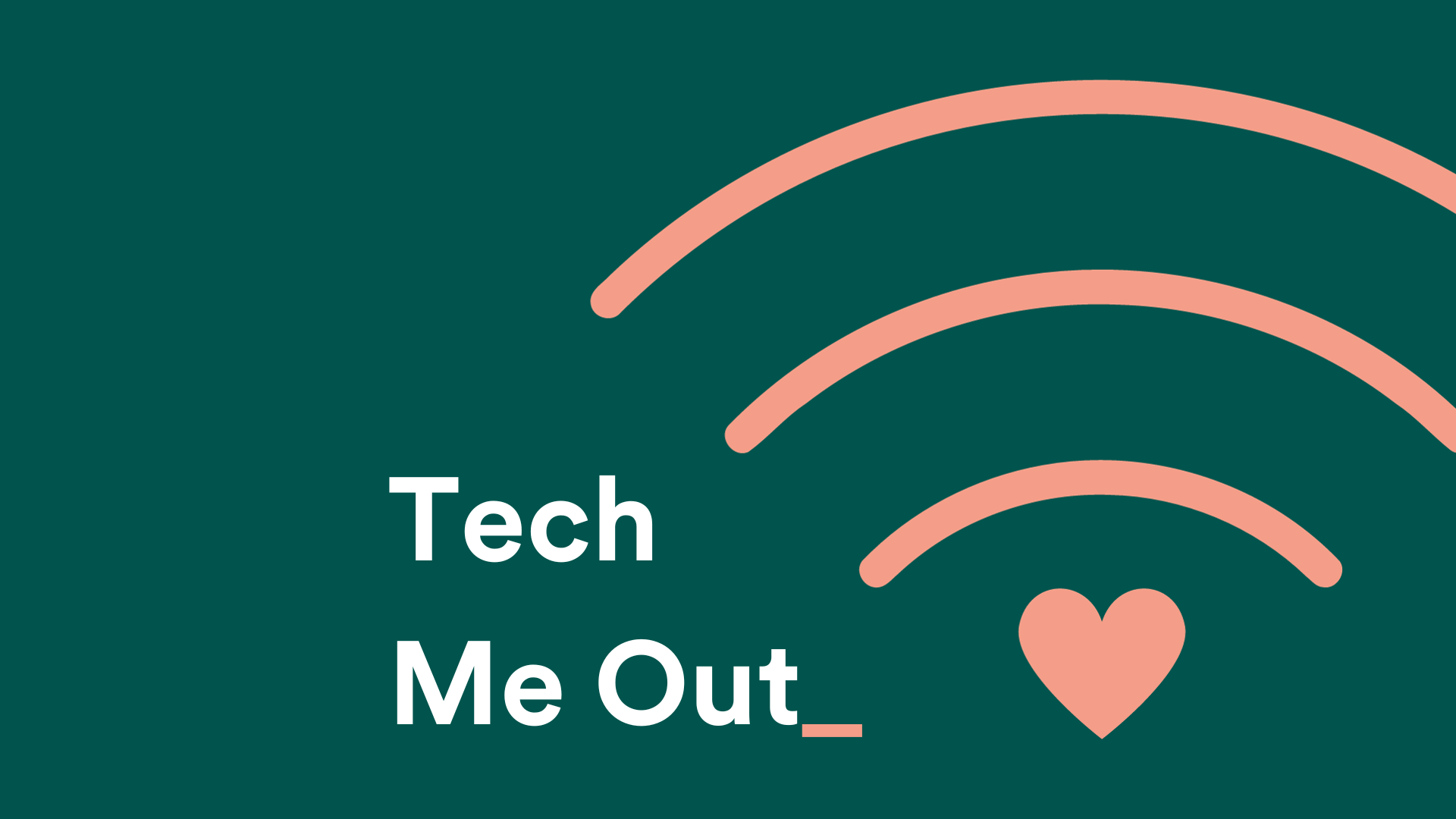These are all hot topics for debate in offices all over the country. But as well as the issues above, there are many other, slightly more niche policies that we hold close to our Tech PR hearts at CCgroup. For example, what policies has each party committed to in the telecoms space?
Whatever your political leanings, making an educated decision at the polls tomorrow is key. With that in mind we’ve done a short round up of party’s fixed and mobile commitments in their 2017 manifestos, included below.
Generally, the manifestos are characterised by a commitment to infrastructure investment, the roll-out of superfast connectivity to both cities and rural areas, and extending and improving mobile coverage all over the country.
So far, so lofty. But just this week the Financial Times reports that the financial results of big hitters such as BT, Virgin Media and O2 betray a “cooling off” in customer growth. BT experienced less than a third of its previous quarterly growth rate, and O2 gained half the amount of new net customers compared to this time last year.
Ofcom says that the average UK broadband speed has risen to 36 Mbps from 29 Mbps over the past year. Yet despite ever-increasing appetite for high-speed services (and the intention for even more forming the cornerstone of each party’s manifesto), it looks like customers are not as willing to pay for speed as previously thought.
As the next government rushes towards 5G and high-speed, ultra/hyper/super-fast connectivity, there may yet be trouble on the horizon. It will be interesting to see how telecoms operators and their technology and service vendors will react come Thursday’s result. Just another week in Telecom PR…
Conservatives
- Conservatives promise to deliver the digital infrastructure that businesses and consumers need to succeed. For consumers, this includes a commitment to making broadband switching easier and pricing more transparent.
- By the end of 2017, the Conservative party pledges that 19 out of 20 premises will have access to superfast (speeds of 24Mbps or above) broadband, extending to every home and business by 2020 under the Universal Service Obligation. It will also work to provide gigaspeed (1Gbps) connectivity to “as many businesses and homes as possible”.
- In terms of fibre connectivity for businesses, by 2018 the Conservatives commit to introducing a full-fibre connection voucher for companies across the country, planning plans ‘major fibre spines’ in over 100 towns and cities by 2022. This will result in 10 million premises connected to full fibre, as well as a “clear path” to national coverage over the course of the next decade.
- When it comes to mobile phone coverage, the party plans to extend mobile coverage further to 95% geographic coverage of the UK by 2022, with all major roads and mainline trains enjoying “full and uninterrupted” mobile phone signal, as well as guaranteed WiFi internet by the same date.
- The Conservatives will also continue to release more spectrum from public sector use to allow great private sector access
- The Conservatives manifesto pledges to “begin” the roll-out of a new 5G network, providing gigaspeed smartphone connections. The party plans to have the majority of the population covered by a 5G signal by 2027.
Labour
- When it comes to broadband, Labour has pledged to deliver “universal superfast broadband” availability by 2022. If elected, the manifesto states that the party would instruct the National Infrastructure Commission to report on how to roll out ‘ultrafast’ (300Mbps) connectivity across the UK within the next decade.
- For local communities, Labour has accused the Conservative part of “chronic under-investment” in broadband. The party’s national investment plans include the broadband and 4G extensions that will “underpin the future success of rural small businesses”.
- Labour pledges to improve mobile internet coverage, as well as to expand the provision of free public Wi-Fi in city centres and on public transport.
- Without setting out targets, the party also pledges to improve 4G coverage, investing to ensure the uninterrupted 5G coverage in all urban areas, and major roads and railways.
Liberal Democrats
- As part of a “responsible and realistic” £100 billion package of additional infrastructure investment, the Liberal Democrats say they will prioritise a programme of installing “hyperfast, fibre-optic” broadband across the UK. The part will prioritised SMEs when it comes to this connectivity.
- This investment will ensure that broadband and services provided have a speed of 2 Gbps or more before 2020. Also by 2020, the party pledges fibre to the premises (FTTP) as standard and “unlimited usage” across the whole of the UK.
- As part of this package, Liberal Democrats will invest £2 billion in “innovative solutions” to ensure the provision of high-speed broadband across the rural UK. The party also pledges to work with local authorities and to provide grants to help areas replicate the success of existing community led projects. The party also pledges to work with Ofcom to ensure that mobile phone companies provide fast and reliable coverage in rural areas.
- By 2022, the party says it will provide every property in the country with a superfast broadband connection with a download speed of 30Mbps, an upload speed of 6Mbps, and an unlimited usage cap.
Green Party
- The manifesto from the Green Party manifesto pledges to support and promote the roll-out of high-speed broadband.















